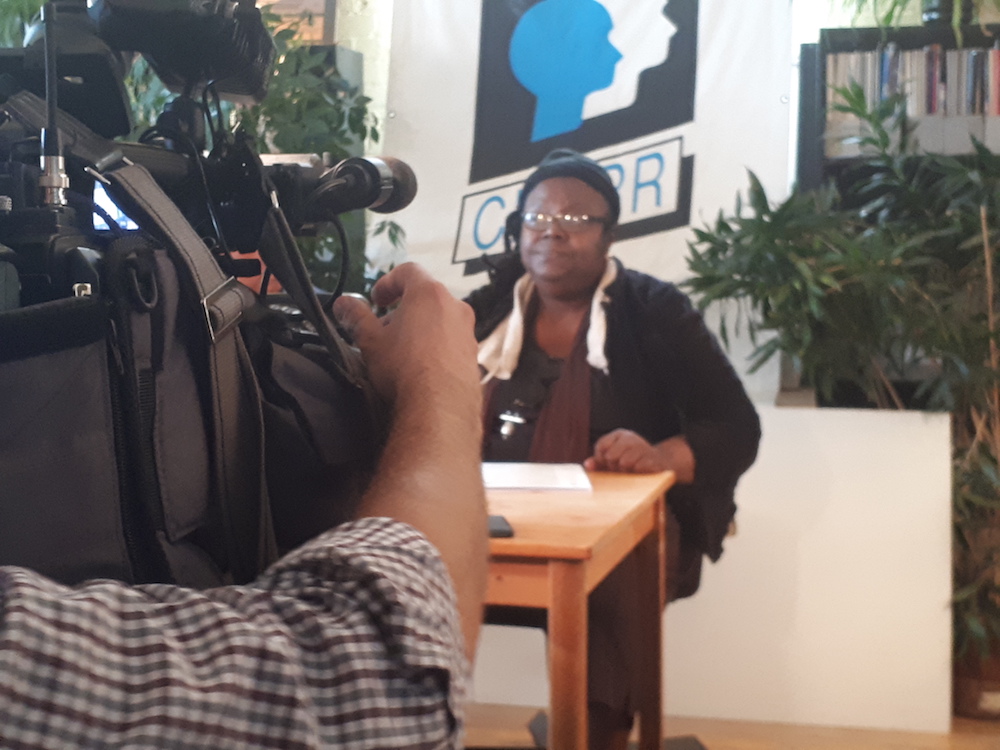Commission des droits de la personne recommends damages to be paid to victim
In July 2013, Chantal Lapointe was making her way through the underground tunnel between Concordia’s EV building and the Webster Library. She had been doing paperwork in the library and was carrying multiple bags. As she was about to enter the building through the tunnel’s revolving doors, two university security guards asked Lapointe for ID. When she asked why they needed to identify her, the security guards told her they had the right to do so.
This identification request is one of many factors that were considered by the Commission des droits de la personne et des droits de la jeunesse in recommending that Concordia and the Montreal division of the Commissionaires—a security firm—pay Lapointe $33,000 in damages.
The Commission wrote that Lapointe’s race and social condition played a “decisive role” in the security guard’s decision to intercept her.
“The fact that she was perceived as a homeless person led her to be treated badly by security guards at Concordia,” said the executive director of the Centre of Research-Action for Race Relations (CRARR), Fo Niemi. Lapointe noted that nothing similar ever happened to her at the Université du Québec à Montréal while she was earning her bachelor’s degree.
The report further indicates that Lapointe was intercepted by Concordia security for no valid reason and that a security guard attempted to take a picture of her without her consent.
Lapointe said she tried to stop the security guard from photographing her by blocking their view with her hands. When another security guard intervened, the guard who took the picture told a colleague that Lapointe tried to slap him, according to the complaint filed a month after the incident.
The guards called police when Lapointe refused to leave. Police requested she provide identification, to which she obliged in order to avoid more trouble, she said.
In response to the accusations and the Commission’s reports, Concordia wrote in a statement that it “vehemently disagrees with the findings in [the] reports, which does not include all of the relevant facts.”
The university had until Oct. 27, 2017 to comply with the recommendations of the Commission—which doesn’t have the power to impose regulations—if it wanted to avoid going to trial for litigation.
Concordia failed to do so, writing to The Concordian on Oct. 24 that “it’s not appropriate for it to share those [relevant facts] at this time,” but that it “will be challenging the Human Rights Commission’s proposal, and the relevant facts will be brought forward through the judicial process.”
Commission legal counsel Buschra Jalabi—who prosecuted the case—declined to comment.
“We are the complainant, we have full legal status to be involved,” said Niemi in a press conference alongside Lapointe.
CRARR—where Lapointe has worked in the past—has offered legal support to the complainant.
In addition to paying the damages, the Commission also suggested the university give “anti-discrimination training” to its security guards and modify its institutional policies in order to “remove elements that target and stigmatize homeless people.”
Photo by Étienne Lajoie




